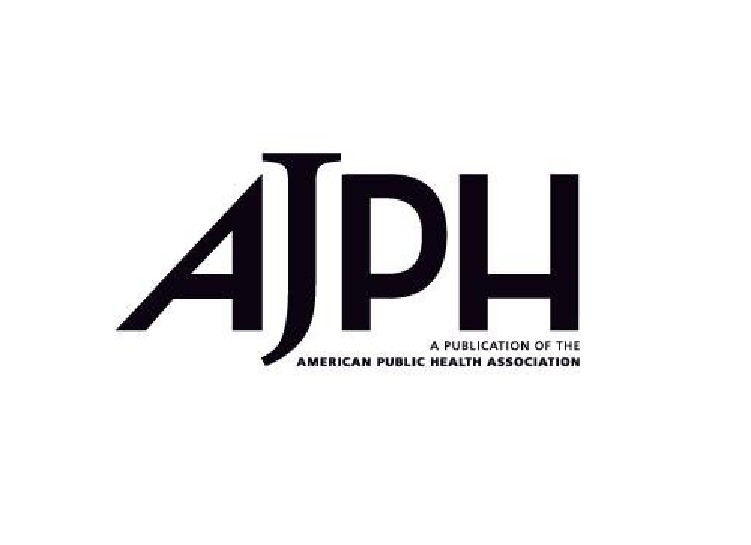It’s too new. Made too fast. Don’t know enough about long-term possible effects.
Don’t trust the system—or the motives of the government, big business, or the big funders.
Don’t tell me what to do. It’s my choice.
It’s not natural, it’s going to manipulate my DNA.
These are among the myriad of concerns and conspiracy theories driving COVID-19 vaccine hesitancy and refusal. These concerns vary across population groups, political contexts, and personal and collective histories. They particularly thrive in the context of uncertain science and a dynamic and ever-evolving new virus.
One of the strongest underlying drivers that determines whether individuals or groups are vaccine confident or vaccine hesitant is the level of trust—or distrust—in the individuals and institutions that discover, develop, and deliver vaccines. Higher levels of trust mean willingness to accept a level of risk for a greater benefit. Those with lower levels of trust are less likely to accept even the smallest perceived risk.


